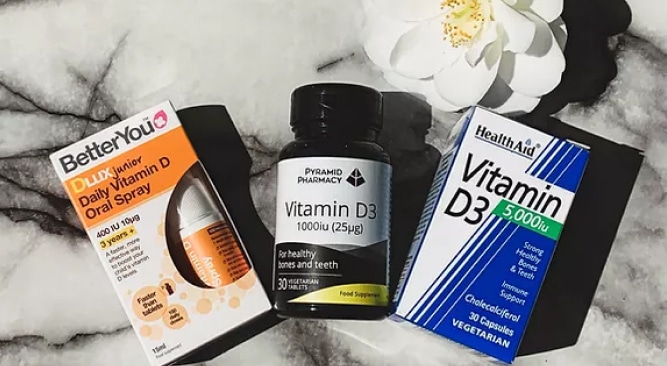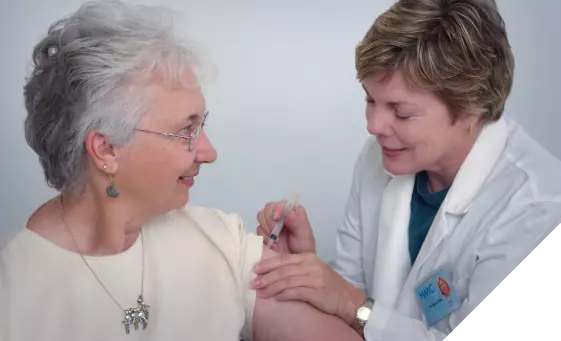
Vitamin D – Deciphering the hype
How important is it?
Vitamin D, known as the ‘sunshine vitamin’, is super important as it helps our body to absorb calcium and phosphate from our diet. This is essential for healthy bones, teeth and muscles.
If we don’t get enough vitamin D we can become vitamin D deficient – causing your bones to become weak, soft and can lead to various bone deformities.
How do I know if I’m deficient?
Symptoms of Vitamin D deficiency are muscle weakness, fatigue, hair loss and getting ill more frequently.
Long term vitamin D deficiency has been linked with an increased risk of heart disease, cognitive impairment in the elderly as well as cancer.
How do I get Vitamin D?
Vitamin D mainly comes from direct sunlight on exposed skin.
In the UK we get most of our Vitamin D from sunlight between April and September as this is when we spend most of our time outdoors. We also get some vitamin D from certain foods such as oily fish, eggs and red meat. Vitamin D is also added to some cereals, non dairy milk alternatives and infant formula milk.
How much sun do I need?
The exact amount of time for exposure varies from person to person due numerous factors such as skin colour and amount of skin exposed. Usually you produce enough vitamin D from exposing your hands, forearms or lower legs to the sun for short periods of time without sunscreen.
In order to make vitamin D you should be exposed for short periods only. Prolonged periods in the sun without sun protection can increase your risk of skin cancer. If you are in the sun for long periods of time you should wear sunglasses and sunscreen which is topped up regularly.
People with darker skin have more melanin which reduces the skin’s ability to make vitamin D. Therefore they need longer in the sun to produce the same amount of vitamin D compared with someone with lighter skin.
Studies show that older adults with darker skin are at a higher risk of a vitamin D deficiency.
Vitamin D and Covid-19
During self isolation there is an increased risk of Vitamin D deficiency because we are being encouraged to stay indoors. This results in less exposure to sunlight and less vitamin D production
Sitting by a sunny window won’t help your body produce vitamin D because UVB rays (the rays your body needs to make vitamin D) can’t pass through the glass.
Should I take vitamin D supplements?
Everyone over 5 years of age (including pregnant and breastfeeding women) are advised to take a daily supplement containing at least 10micrograms of vitamin D.
The majority of people aged 5+ get enough sunlight in the summer so a supplement isn’t needed in these months however during the Covid-19 crisis it is encouraged that everyone takes a supplement.
Can I have too much Vitamin D?
- All adults, pregnant and breastfeeding women, the elderly and children aged 11-17 are recommended not to take more than 100micrograms per day as it could be harmful.
- Children 1-10 shouldn’t take more than 50micrograms per day.
- Babies under 12 months shouldn’t have more than 25micrograms per day.
People with existing medical conditions should check with their GP or pharmacist as some people may have a medical condition that prevents them taking as much Vitamin D safely.
The amount of vitamin D in supplements may be expressed as international units (IU) where 40 IU equals 1microgram of Vitamin D.
There is no risk that your body can make too much vitamin D from sun exposure however there is a risk of redness or burning if it is exposed for too long without adequate protection.
Ask at your local pharmacy for more information.

